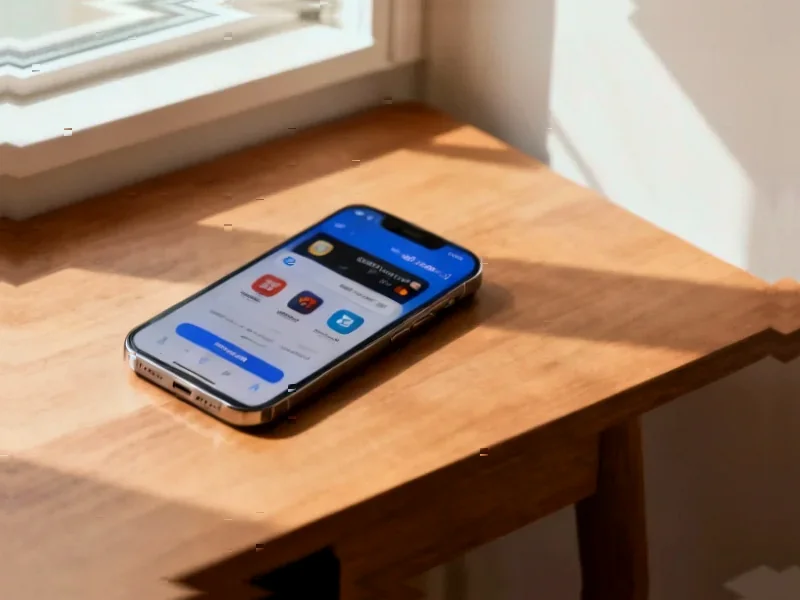According to TechCrunch, Google and Epic Games reached a settlement on Tuesday that will fundamentally reshape Android’s app ecosystem. The search giant agreed to cap fees at either 9% or 20% depending on transaction type, a significant reduction from previous rates. Android app developers will now be able to point users to alternative payment mechanisms both inside apps and through external web links. Epic Games CEO Tim Sweeney called the proposal “awesome” and praised it as a “comprehensive solution” that supports Android’s open platform vision. Google’s Android Ecosystem president Sameer Samat said the changes focus on expanding developer choice while keeping users safe. If approved by the court, this settlement ends the antitrust litigation between the companies.
The real story here
Here’s the thing that really stands out: Sweeney’s deliberate contrast with Apple. He specifically called out Apple for “blocking all competing stores” while praising Google‘s approach. That’s not accidental – it’s strategic positioning. And it’s interesting timing given that Apple just reported record Services revenue of $28.75 billion last quarter, up 15% from a year earlier. Basically, Sweeney is playing these two tech giants against each other, and it’s working.
What this actually changes
So what does this mean for developers and users? Well, the fee caps are huge – 9% or 20% is substantially lower than what Google was charging before. But more importantly, the payment flexibility could be game-changing. Developers can now steer users toward their own payment systems without Google taking a massive cut. And Sweeney already announced that the Epic Games Store for Android is coming to Google Play. That’s a pretty clear signal that Epic sees real opportunity here.
The bigger antitrust picture
Look, this settlement doesn’t exist in a vacuum. Google lost its appeal in July after a jury found the company had stifled competition. Apple largely won its case with Epic but still had to modify its App Store rules. Now we’re seeing two different approaches emerging – Apple’s walled garden versus Google’s more open (but still controlled) ecosystem. The question is whether this settlement actually creates meaningful competition or just gives Google better legal cover. I’m skeptical that any of these tech giants are suddenly becoming champions of competition – they’re just adapting to regulatory pressure.
What comes next?
Now we wait for court approval, which seems likely given the comprehensive nature of the deal. But the real test will be in implementation. Will Google find other ways to maintain control? Will developers actually see the benefits they’re hoping for? And most importantly, will this settlement pressure Apple to make similar concessions? Sweeney’s enthusiastic post and Google’s carefully worded announcement suggest both sides think they’ve won something here. But in antitrust battles, the real winners are rarely the companies at the negotiating table.




